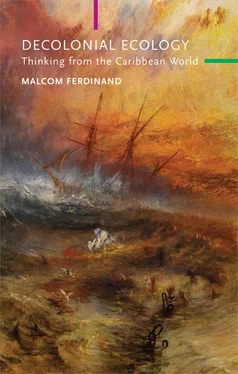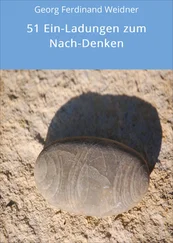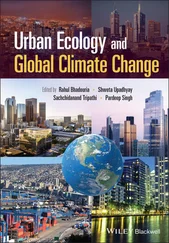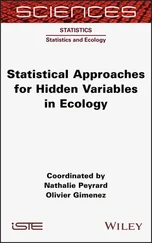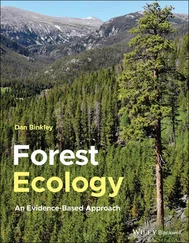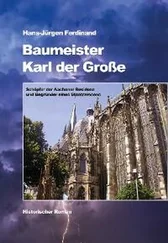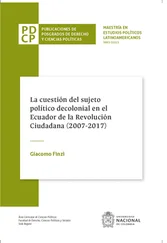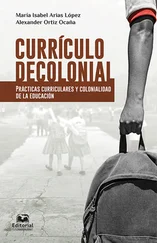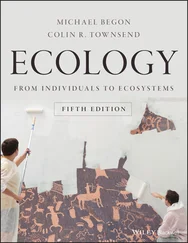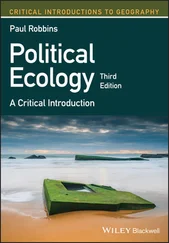1 Cover
2 Series Title Series Title Critical South The publication of this series is supported by the International Consortium of Critical Theory Programs funded by the Andrew W. Mellon Foundation. Series editors: Natalia Brizuela, Victoria Collis-Buthelezi and Leticia Sabsay Leonor Arfuch, Memory and Autobiography Paula Biglieri and Luciana Cadahia, Seven Essays on Populism Aimé Césaire, Resolutely Black Bolívar Echeverría, Modernity and “Whiteness” Malcom Ferdinand, Decolonial Ecology Celso Furtado, The Myth of Economic Development Eduardo Grüner, The Haitian Revolution Karima Lazali, Colonia Trauma María Pia López, Not One Less Pablo Oyarzun, Doing Justice Néstor Perlongher, Plebeian Prose Bento Prado Jr., Error, Illusion, Madness Nelly Richard, Eruptions of Memory Silvia Rivera Cusicanqui, Ch’ixinakax utxiwa Tendayi Sithole, The Black Register Maboula Soumahoro, Black is the Journey, Africana the Name
3 Title Page Decolonial Ecology Thinking from the Caribbean World Malcom Ferdinand Translated by Anthony Paul Smith polity
4 Copyright Page Copyright Page Originally published in French as Une écologie décoloniale: Penser l’écologie depuis le monde caribéen © Editions du Seuil, 2019 This English edition © Polity Press, 2022 Excerpt from A Tempest by Aimé Césaire, translated by Richard Miller. Copyright © 1969 by Editions du Seuil. Copyright English translation © 1985 by Richard Miller. Published by Theatre Communications Group. Used by permission of Theatre Communications Group. Excerpt from Black Skin, White Masks by Frantz Fanon. English translation copyright © 2008 by Richard Philcox. Used by permission of Grove/Atlantic, Inc. Any third party use of this material, outside of this publication, is prohibited. Polity Press 65 Bridge Street Cambridge CB2 1UR, UK Polity Press 101 Station Landing Suite 300 Medford, MA 02155, USA All rights reserved. Except for the quotation of short passages for the purpose of criticism and review, no part of this publication may be reproduced, stored in a retrieval system or transmitted, in any form or by any means, electronic, mechanical, photocopying, recording or otherwise, without the prior permission of the publisher. ISBN-13: 978-1-5095-4622-0 hardback ISBN-13: 978-1-5095-4623-7 paperback A catalogue record for this book is available from the British Library. Library of Congress Control Number: 2021939020 by Fakenham Prepress Solutions, Fakenham, Norfolk NR21 8NL The publisher has used its best endeavours to ensure that the URLs for external websites referred to in this book are correct and active at the time of going to press. However, the publisher has no responsibility for the websites and can make no guarantee that a site will remain live or that the content is or will remain appropriate. Every effort has been made to trace all copyright holders, but if any have been overlooked the publisher will be pleased to include any necessary credits in any subsequent reprint or edition. For further information on Polity, visit our website: politybooks.com
5 Table of Ships Table of Ships Part I The Modern Tempest Conquérant Planter Nègre La Tempête Part II Noah’s Ark Noé Chasseur Paraíso Cavendish Wildfire Part III The Slave Ship Espérance Escape Wanderer Gaïa Part IV The World-Ship Rencontre Corpo Santo e Almas Baleine Justice Epilogue Soleil d’Afrique
6 List of Illustrations Illustrations Figure 1 Joseph Mallord William Turner, Slavers Throwing Overboard the Dead and Dying, Typhoon Coming On , 1840. Figure 2 William Clark, “Cutting the Sugar Cane,” in Ten Views in the Island of Antigua (London: Thomas Clay, 1823). Figure 3 Detail from René Lhermitte, Plan, Profile and Layout of the Ship Marie S éraphique of Nantes , c . 1770. Figure 4 The cyclones Katia, Irma and José, 8th September 2017, © NOAA satellites, GOES-16. Figure 5 Thomas Moran, Slave Hunt, Dismal Swamp , Virginia, 1861–2. Figure 6 Soil erosion in Haiti, which maroons towards the sea, 2012. Photo © Malcom Ferdinand. Figure 7 Banana plantation in Martinique, 2017. Photo © Malcom Ferdinand. Figure 8 Anse Cafard Memorial (Mémorial de l’anse Cafard) in Martinique, sculpture by Laurent Valère, 1998. Photo © Malcom Ferdinand. Figure 9 Jason deCaires Taylor, Vicissitudes , 2007, © Jason deCaires Taylor. All rights reserved, DACS/Artimage 2021. Photo: Jason deCaires Taylor. Figure 10 Albert Mangonès, Statue of the Unknown Maroon ( Statue du Marron inconnu ) in Port-au-Prince, Haiti, 1968. Photo © Marie Bodin. Figure 11 Hector Charpentier, Memorial to the Abolition of Slavery ( Mémorial de l’abolition de l’esclavage ), Prêcheur, Martinique. Photo © David Almandin.
7 Dedication Dedication For my mother Nadiège and my father Alex To the struggles of the shipwrecked and the ecological battles for a common world
8 Acknowledgments
9 Foreword – Angela Y. Davis Notes
10 Prologue: A Colonial and Environmental Double Fracture A modern tempest Noah’s ark or the colonial and environmental double fracture The slave ship or modernity’s hold A world-ship: the world as a horizon for ecology Reaching the eye of the tempest Notes
11 Part I The Modern Tempest: Environmental Violence and Colonial Ruptures
12 1 Colonial Inhabitation: An Earth without a World Principles of colonial inhabitation: geography, exploitation of nature, and othercide Foundations of colonial inhabitation: land grabs, massacres, and land clearing Forms of colonial inhabitation: private property, plantations, and slavery Notes
13 2 The Matricides of the Plantationocene The end of a nourishing earth: from conucos to plantations The ecumenal rupture: a “land-without- manman ” Ruptures in the landscape, biodiversity, and metabolic exchange From colonial inhabitation to the Plantationocene Notes
14 3 The Hold and the Negrocene Hold politics The refusal of the world Destruction of community ties and affiliations Loss of body, loss of Earth Off- polis : the engineering of a non-political being The specificity of the condition of enslaved Negresses The Negrocene Notes
15 4 The Colonial Hurricane The colonial hurricane Shakespeare and Césaire: when the tempest serves the masters’ interests Conrad and Katrina: when the tempest creates the world’s holds Turner and the Zong : the pretext-tempest for throwing the world overboard The politics of the colonial hurricane and global warming Notes
16 Part II Noah’s Ark: When Environmentalism Refuses the World
17 5 Noah’s Ark: Boarding, or the Abandonment of the World Noah’s ark: an imaginary of environmentalist discourse Boarding politics Loss-bodies Astronauts on Earth Abandoning the world: the Noahs Figures of the world’s refusal Notes
18 6 Reforestation without the World (Haiti) Technocentric discourse and the off-world Unjustly blaming Maroons and peasants Reforestation without the world; or, the sacrifice of peasants The parc de la Visite massacre of July 23rd, 2012 At the origin: colonial inhabitation and the Maroon fracture of the world World-making to reforest the Earth Notes
19 7 Paradise or Hell in the Nature Preserves (Puerto Rico) Paradise: a colonial laboratory Vieques: paradisiacal nature reserve or hell Colonial heterotopia The violence of the blank page Notes
20 8 The Masters’ Chemistry (Martinique and Guadeloupe) The toxic condition of the Plantationocene Chlordecone in the French Antilles: toxic forms of violence and domination A toxic power grab that strengthens colonial inhabitation The masters’ chemistry and the lie of an astronaut-humanity Notes
21 9 A Colonial Ecology: At the Heart of the Double Fracture Slave-making ecology: environmentalism under the condition of slavery Plantationary emancipation: an abolition of slavery on the condition of the plantation A fracture between anticolonialism and modern environmentalism The Anthropocene’s colonial oikos The Negroes of the colonial oikos The Anthropocene’s hold Notes
Читать дальше
